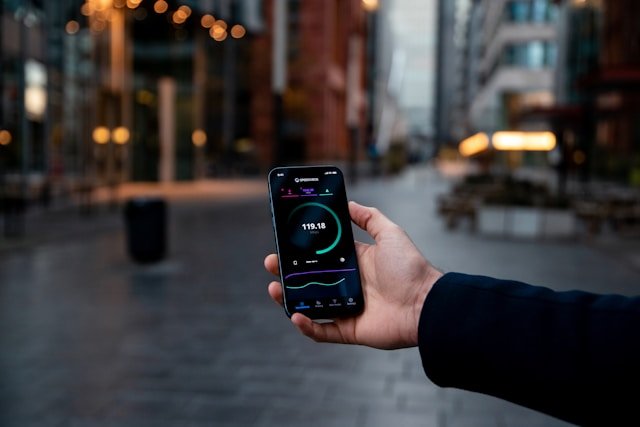
Imagine downloading 9,000 HD films in just one second. Sounds crazy, right? Well, that’s exactly what a team of super-smart researchers just accomplished.
These brainiacs, including some from Aston University in Birmingham, set a new world record for internet speed. How fast, you ask? Hold onto your hats—it’s a whopping 301 terabits per second! To put that in perspective, it’s like downloading every single movie on IMDb in just one minute.
Now, let’s talk about average internet speeds. You know how sometimes your internet feels slower than a snail? Well, the average broadband speed in the UK is around 69.4 megabits per second. Yep, that’s way slower than what these researchers achieved.
So, how did they do it? They developed a fancy new gadget that works with standard optical fibres. Think of it like upgrading your bike to a rocket. This gadget opens up new wavelength bands in the fibres, making them super-speedy.
Dr. Ian Phillips from Aston University explained, “Broadly speaking, data was sent via an optical fibre like a home or office internet connection.” They used some extra special spectral bands called E-band and S-band to boost the speed even more.
But why should we care? Well, as we keep wanting faster internet, this new tech could help internet providers keep up. Plus, it’s eco-friendly too! No need to lay down new cables, which means less digging up the streets.
Professor Wladek Forysiak, also from Aston University, said, “By increasing transmission capacity in the backbone network, our experiment could lead to vastly improved connections for end users.” Translation: Your internet could get a whole lot faster thanks to these clever folks.
This groundbreaking research was shared by the Institute of Engineering and Technology and presented at the European Conference on Optical Communication.

